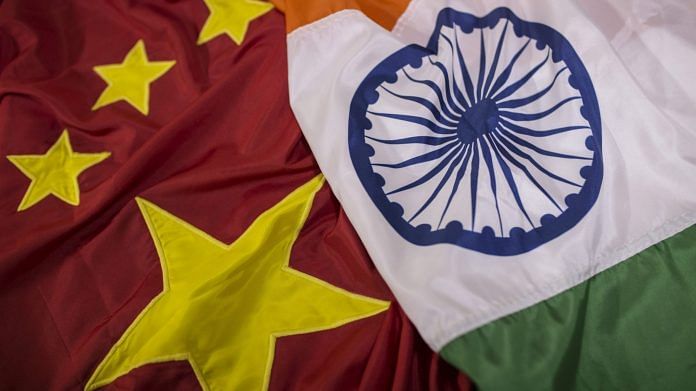
New Delhi: India and China will discuss the proposal of disengagement from all friction points in Eastern Ladakh in yet another round of talks soon as both sides have indicated a probability of resolving the seven-month standoff.
Anurag Srivastava, spokesperson, Ministry of External Affairs (MEA), Thursday said all communication channels at diplomatic and military levels are on between both the sides.
“When we have something to share, we will share. Discussions are ongoing… The talks (8th round of India-China senior military commanders talks on 6 November) were candid, in-depth and constructive, and both sides exchanged views on disengagement at all friction points along the Line of Actual Control in the Western Sector of India-China border areas,” Srivastava said during a media briefing.
He added: “India and China have agreed to maintain dialogue and communication through military and diplomatic channels, and taking forward the discussions at this meeting of the senior commanders, push for the settlement of other outstanding issues. They have also agreed to have another round of meeting soon.”
India and China are believed to be coming closer to resolving the border standoff that began in April-end at the Line of Actual Control in Ladakh. Both sides are believed to be working on a “joint disengagement proposal” even as India is pushing for a “complete disengagement”.
Modi and Xi’s message at SCO summit
Earlier this week, Prime Minister Narendra Modi and Chinese President Xi Jinping jointly addressed the summit-level meeting of the Shanghai Cooperation Organisation (SCO).
At the SCO summit, which was held virtually for the first time, Modi stressed on the need to respect each other’s territorial sovereignty and integrity.
Xi, meanwhile, spoke about “good neighbourliness” for peace and stability.
“The trend toward peace, development, cooperation and mutual benefit is unstoppable. History has proven and will continue to prove that good neighbourliness will prevail over a beggar-thy-neighbour approach, mutually beneficial cooperation will replace zero-sum game, and multilateralism will win over unilateralism,” he had said.
Subscribe to our channels on YouTube & Telegram
Why news media is in crisis & How you can fix it
India needs free, fair, non-hyphenated and questioning journalism even more as it faces multiple crises.
But the news media is in a crisis of its own. There have been brutal layoffs and pay-cuts. The best of journalism is shrinking, yielding to crude prime-time spectacle.
ThePrint has the finest young reporters, columnists and editors working for it. Sustaining journalism of this quality needs smart and thinking people like you to pay for it. Whether you live in India or overseas, you can do it here.